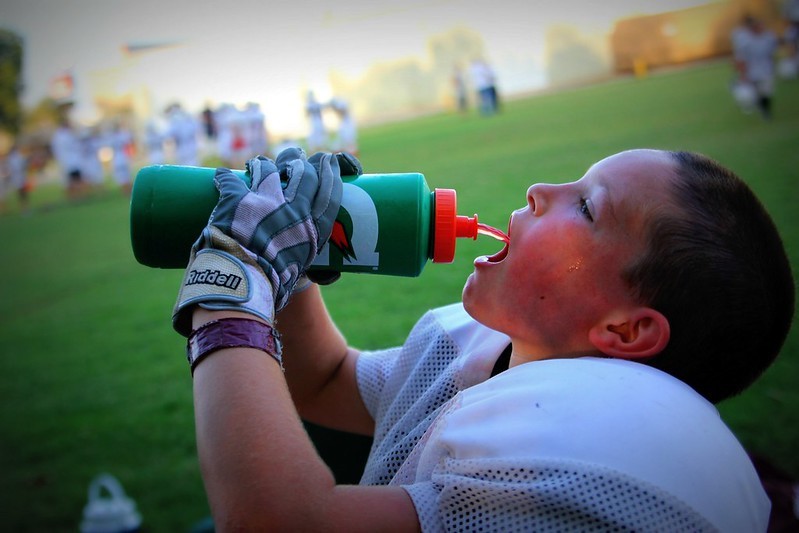

Workout buff, ultramarathoners, and other endurance runners should take note of what boosts performance--apparently, it's not an electrolyte sports drink.
Everyone knows that doing exercise or workout is beneficial to our health. It can control your weight, reduce the risk of heart diseases, manage blood sugar and insulin levels, improve mental health and mood, strengthen the bones and muscles, reduce cancer risks, improve sleep, and increase the chance of living longer.
People who engage in extreme workouts like joining ultramarathon races are more likely to do it for nature and the sense of purpose other than for the competitive aspects.
An athlete of any kind of sports is more likely to consume electrolyte sports drinks than any normal person. It is designed to rapidly replace electrolytes (sodium, potassium, and magnesium) and to increase the sugar circulating in the blood.
However, upending this common wisdom on athletic recovery, a new study was conducted on 266 ultramarathoners. The result of this study showed that electrolyte sports drinks do little to keep electrolytes balanced, boost performance or prevent illness from hitting.
"These electrolytes are not protective," according to Grant Lipman, the study co-author, and researcher at Stanford University.
He further added that it does not stop cramps, the distress or gnawing in the gut from nausea or vomiting, they also do not help performance, and they don't protect against dangerously low or high salt levels.
Published in the Clinical Journal of Sports Medicine on Tuesday, Lipman's research adds to the ongoing debate whether these electrolyte drinks are overhyped for their ability to boost an athlete's performance. Conversely, there is little reason for weekend warriors or 5k enthusiasts to increase electrolyte supplements on top of drinking water and eating a nutrient-rich diet.
Furthermore, Stavros Kavouras, a hydration expert and professor in the College of Health Solutions at Arizona University, said that electrolyte imbalance is not an issue unless you're an ultra-athlete in a low-sodium diet. He also considers electrolyte drinks not useless because they provide carbs and sugar that are essential to keep the athletes from sudden fatigue and loss of energy.
The endurance experiment by Lipman and other researchers from Stanford University focused on hypernatremia, which occurs when sodium levels are too high and are associated with dehydration, and exercise-associated hyponatremia or EAH, which is caused by the drop in sodium levels.
Their study showed that hot weather increased the rates of altered mental status, seizures, pulmonary edema, and even death but the use of sodium supplements did not prevent EAH. It was the hot conditions that increased the development of EAH or hypernatremia in ultramarathon athletes by 3-9 times greater than cold races.
When doing intense workouts for long hours, you can have a regular drink or drink something that can replenish those electrolytes like a glass of milk which contains more sodium than a glass of Gatorade, Kavouras says.
He also suggested to drink when you're thirsty and eat salty snacks but has also cautioned in the 'drink to thirst' principle because it is not an effective strategy to optimize performance. This can cause a person to under- or overdrink. Instead, he created a protocol wherein learning how much an athlete sweat and how much drink should be needed to feel good, energized and not overloaded.
Both Lipman and Kavouras agreed that staying hydrated is critical for staying healthy and performing athletically.










